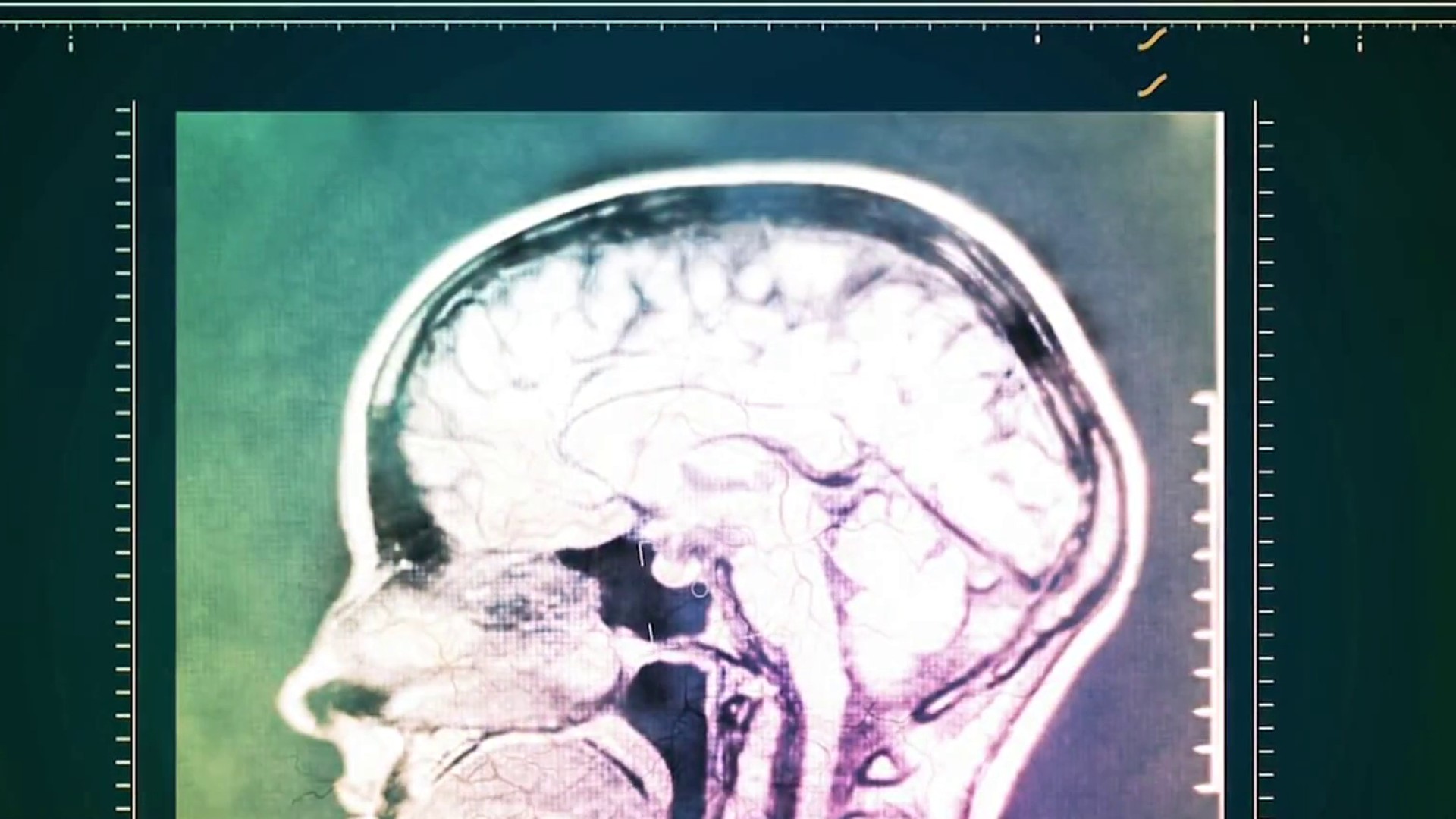New research by Children’s National Hospital in Washington, D.C., found racial disparities in how the coronavirus affects children.
The study published this week in the journal “Pediatrics” used information from the first 1,000 children who were tested for COVID-19 at the hospital’s drive-thru testing site. Researchers found that children from minority groups were most at risk.
Seven percent of white children, 30% of Black children and 50% of Hispanic children tested positive, the study found.
“We saw striking disparities,” Dr. Monika Goya told News4.
Using census data to calculate a family’s income level, researchers also discovered that children from low-income neighborhoods were almost three times more likely to be infected.
The first-of-its-kind study on children and the virus comes after researchers learned that race and ethnicity play a big role in illness in adults.
The research did not look at the severity of a child’s illness or their outcome. Though some children have died of the virus, doctors say most have mild symptoms and recover. The researchers also noted their work only shows a “snapshot in time.” The study did not look at reasons why some groups were more at risk. Racial and socioeconomic disparities in health often are caused by a lack of access to health care, experts say.
Health
Goyal, a pediatric emergency medicine specialist, said she hoped the findings would serve as a wake-up call.
“Covid has really shown a spotlight on disparities that have long existed in our country. Our hope is that this will be a call to action,” she said.
She said she hoped public officials would consider these and other scientific findings as they debate whether to reopen schools.



